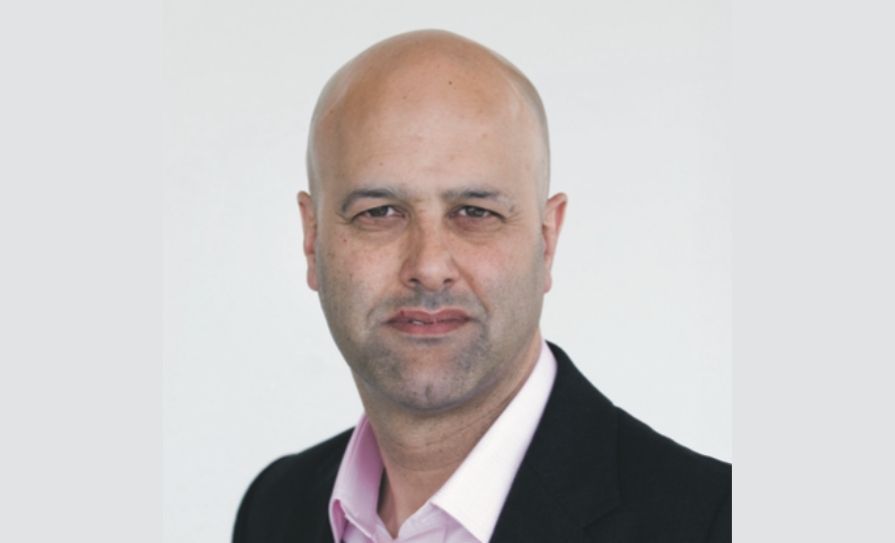The HSE has not been collecting any national data on healthcare workers brought back to work while restricting their movements due to Covid-19, or examining whether this has led to further infections, the Executive has informed health sector unions.
However, Clinical Lead of the HSE Workplace Health and Wellbeing Unit, Dr Lynda Sisson, told the Medical Independent (MI) “we are collecting that data now”.
Dr Sisson also said questionnaires have been sent to acute and community sites in regard to the number of derogated workers. She said the guidance is currently with the pandemic infection control team for ongoing review.
“We do believe, however, derogations are necessary in some cases, so derogation guidance will continue. What we will be doing in the next few weeks is monitoring it much more closely than we have been able to so far.”
Asked if the policy had been overused, Dr Sisson said: “We just don’t know that as yet. But we will be looking to see that it is used judiciously and appropriately.”
However, health sector unions have expressed “grave” concern about the operation of the policy.
Director of Industrial Relations at the Irish Nurses and Midwives Organisation, Mr Tony Fitzpatrick, told MI local managers have been “derogating left, right, and centre, because they don’t have staff, or they cannot get replacement staff”.
This situation presented a “significant risk to patients, but also to colleagues working within those services”.
He added that healthcare worker infection was an “issue we are raising constantly with the HSE”. The IMO has also expressed concern.
In early October, the health unions jointly informed the HSE there were “several questions” outstanding after a meeting with the Executive. These questions related to the “negative impact” of the derogations policy on the ability to provide a safe working environment; the ability to ensure asymptomatic healthcare workers were not infectious; the “absence” of a testing policy to balance this policy; the “absence” of any measurement of related infections among other staff or patients following the managerial decision to derogate under this policy.
According to the unions’ correspondence, Dr Sisson told the meeting that derogations were granted by local management and no records were held at national level on the number, location or grade. There was no national surveillance of the potential impact of derogations on spread of the virus.
The HSE policy permits derogations for healthcare workers who are restricting their movements (eg, as a close contact) if deemed “essential to critical service needs”. The policy does not apply to close contacts of a suspected or confirmed case in their home; or those with a positive Covid-19 test.
Under the policy, ‘essential’ healthcare workers entering Ireland who would otherwise be required to restrict their movements, may also be derogated. While the policy requires that occupational health should be informed, it is questionable to what extent this is occurring.
“If we’re not informed of healthcare workers being derogated following travel then it’s very difficult for us to provide monitoring and ensure they are aware of the risks,” commented one specialist.













Leave a Reply
You must be logged in to post a comment.